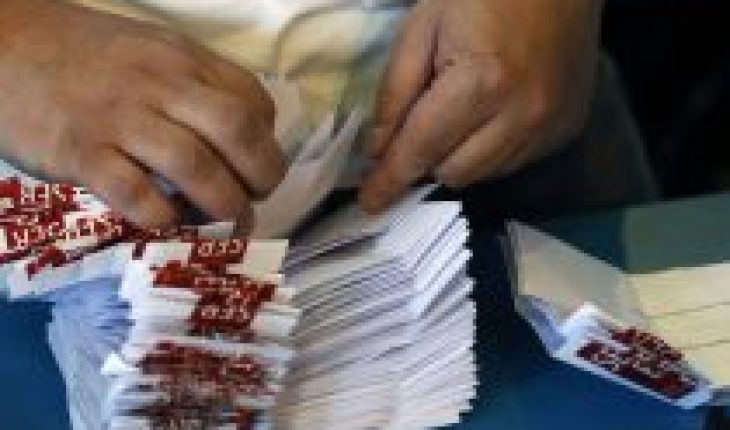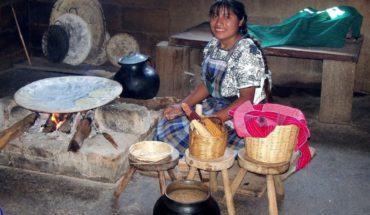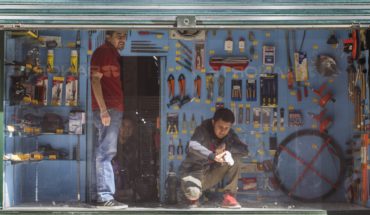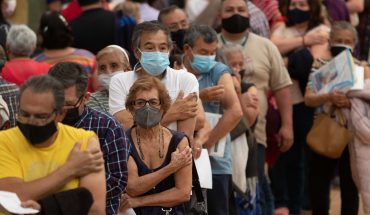
The Government went out to defend its proposal that the April elections be held in two days, an alternative that raises doubts among the mayors and even between former ministers of the Piñera administration such as the former homeowner and Segres, Cristián Monckeberg.
The Government’s objective is to decompress the process, which will include four elections (mayors, governors, councillors and constituents), and to hold the elections on Saturday, April 10 and Sunday, April 11. It is also an alternative to the draft early voting bill, which went to the Senate for second procedure, but which envisages that the vote will take place between 14 and 8 days before polling day.
Monckeberg asked to “not improvise” on this issue, and not to make changes to 50 days of the election because “it is high risk”. “We need to find the best mechanism to encourage as much participation as possible, but let’s get it right,” the today’s candidate for a constituent conventional said in statements to El Mercurio.
In Monckeberg’s view, increasing elections to two days will not guarantee greater participation, and in quarantined communes will mean greater movement of people.
But above all there’s a security problem, he narrowed down. “Organize two days mass votes, where the risk of urn custody on Saturday night is going to have to be borne by the Armed Forces. And it’s going to happen that you miss an urn! Who’s going to be responsible? The Servel or the Armed Forces?” he added.
In its view, the solution was to extend voting hours, shorten curfew, expand free transport coverage, improve remuneration for voting station members and increase voting stations.
The idea of the government also raises suspicions among mayors. “It is unthinkable that decisions are being analyzed and made behind the backs of municipalities,” said Chilean Association of Municipalities (AChM), Fernando Paredes (UDI).
However, in the Government they defend the proposal. More importantly, according to the Minister Secretary-General of the Presidency, Juan José Ossa, “we have heard several Members support this idea.”
What’s more, he said they’re in talks with servel. “This is an idea that we are studying and we are not going to do anything that jeopardizes the prestige of our electoral system. If we choose this path, we’re going to do well,” he told T13 Radio.
Minister Ossa added that the April election “has never-before-seen features. These are four elections of a very different nature. We’re going to have a long time, for every voter, much longer than for the plebiscite. What we want is that there is no atochation.”
He even clarified that the project “is designed with table vowels for Saturday and another for Sunday. No one is going to be called for the two days.”
Regarding security approvals, Interior Undersecretary Juan Francisco Galli admitted that “if the election act were done in more than 1 day it would be a security challenge. But these considerations have been kept in sight and Minister Ossa has been told the special measures to be taken.”
In this regard, he added that “international experiences need to be reviewed”, since “the ballot box closes and all table material must be safeguarded,” he added.
However, he raised that the spirit of adjustment is to encourage participation and “what is intended is that as a result of COVID, I hope that fewer people do not feel called to the election and that is why measures have been explored so that people as older adults are not inhibited from going to vote.”





